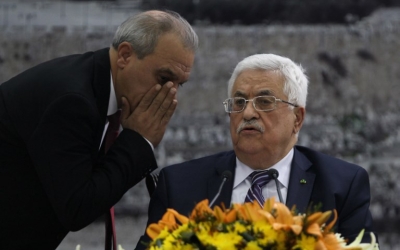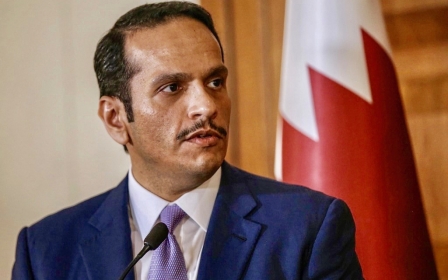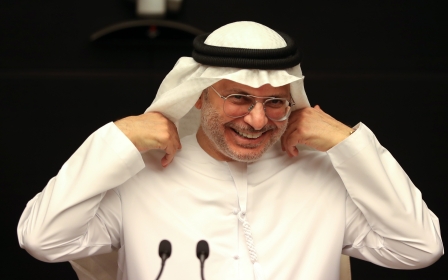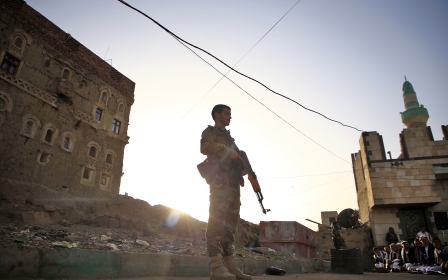Kushner company received $90m in foreign funding since 2016, says report
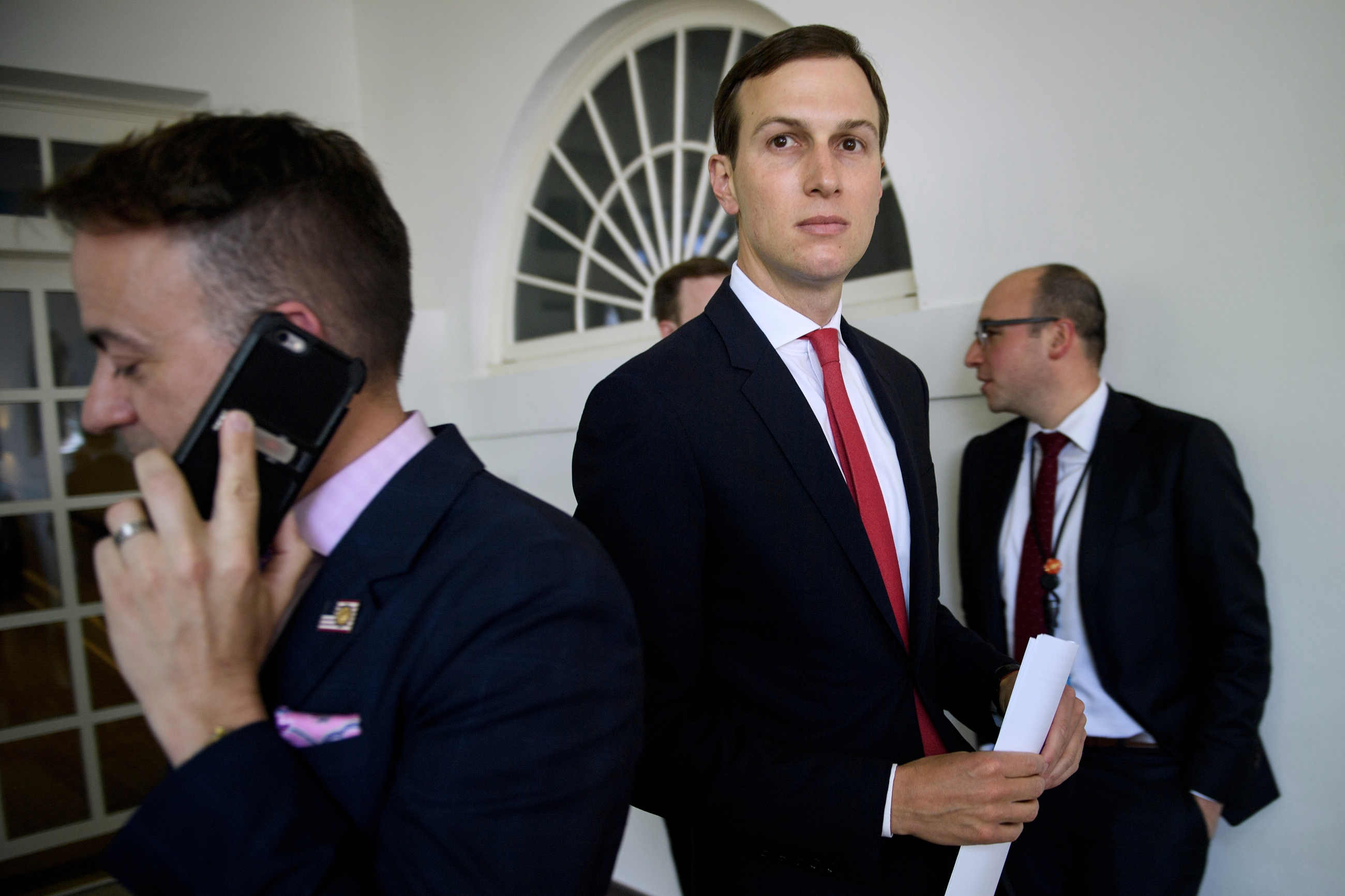
A company partly owned by Donald Trump's son-in-law and senior adviser Jared Kushner has received $90m in funding from an offshore investment vehicle since the US president came to office, according to The Guardian.
According to sources familiar with the firm, part of the money invested in Cadre, based in New York City and focused on real estate, came from Saudi Arabia, raising questions about potential conflicts of interests due to Kushner's leading role in forming Trump's Middle East policy.
Kushner sold off a portion of his stake in Cadre and resigned from its board after he joined Trump's administration in 2017, but still holds a stake worth around $50m, according to financial disclosure documents seen by The Guardian.
He did not list Cadre on his first ethics disclosure, but has now added the company and said the omission was inadvertent, the paper reported.
Much of the $90m came from a second offshore tax haven and Saudi Arabia to an offshore investment vehicle run by Goldman Sachs in the Cayman Islands before it invested in Cadre, two sources familiar with the firm told the Guardian.
The companies are not legally obliged to name the foreign investors publicly. Cadre told the Guardian that it did not have any sovereign wealth funds among its investors.
Although the fund is legal, there has been increasing scrutiny and public concern about the amount of dark money being stored in tax havens.
“It will cause people to wonder whether he is being improperly influenced,” Jessica Tillipman, a lecturer at George Washington University law school, told The Guardian.
Kushner was initially denied security clearance by White House staff last year, due to concerns about foreign influence, according to a whistleblower.
Among Kushner's other foreign financial ties are his family’s most expensive single purchase: a skyscraper on Fifth Avenue in Manhattan, which was last year refinanced by a fund backed by Qatar.
Peace plan
Kushner is set to detail aspects of his administration's long-mooted Israeli-Palestinian peace plan - dubbed the "deal of the century" - at a conference in Bahrain later this month.
Officials from Saudi Arabia and the United Arab Emirates are expected to attend the conference, but the Palestinians have accused the US of being "biased", are boycotting it and have encouraged other Arab states to stay away.
Kushner has been evasive about the US plan, which has been shrouded in secrecy.
While promising new ideas to revive a moribund peace process, Kushner has refused to talk about a two-state solution, the formula that has long been at the heart of international efforts to achieve peace and also the official US position.
Instead, he has looked to an alliance with the Saudis against Iran as a way to gain Arab support for his plan.
Last month - just before Kushner began a trip promoting the new peace plan in the Middle East - Trump authorized $8.1bn in emergency arms sales to Saudi Arabia and other Arab allies, bypassing Congress.
Arms sales to the kingdom were frozen after the assassination of Saudi dissident Jamal Khashoggi in October and in response to mounting concerns over the human toll of a Saudi-led armed campaign in Yemen.
But the administration defended the sales as necessary "to deter Iranian aggression and build partner self-defense capacity".
US senators from both political parties have introduced 22 separate resolutions to try to block the sales, on both humanitarian and national security grounds.
A senior State Department official, who used to represent Raytheon as a lobbyist, was forced to resign from his role in May after reportedly helping the Trump adminstration with the emergency authorisation.
Middle East Eye propose une couverture et une analyse indépendantes et incomparables du Moyen-Orient, de l’Afrique du Nord et d’autres régions du monde. Pour en savoir plus sur la reprise de ce contenu et les frais qui s’appliquent, veuillez remplir ce formulaire [en anglais]. Pour en savoir plus sur MEE, cliquez ici [en anglais].


